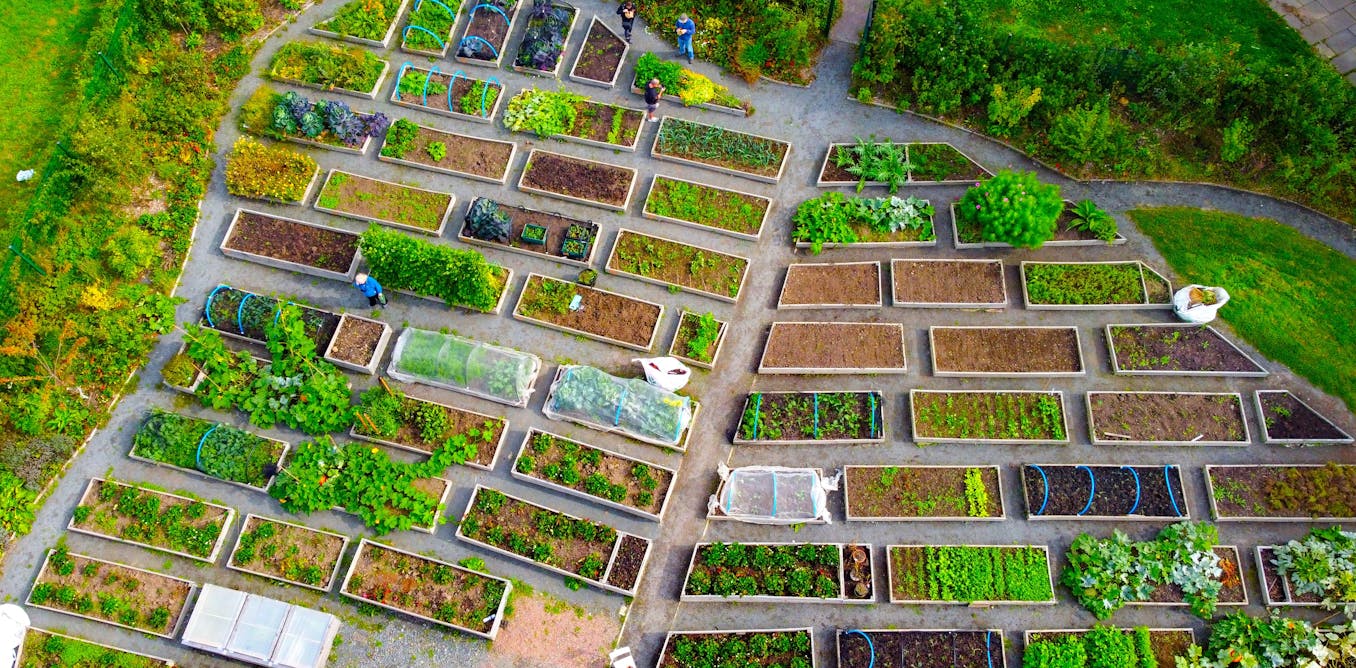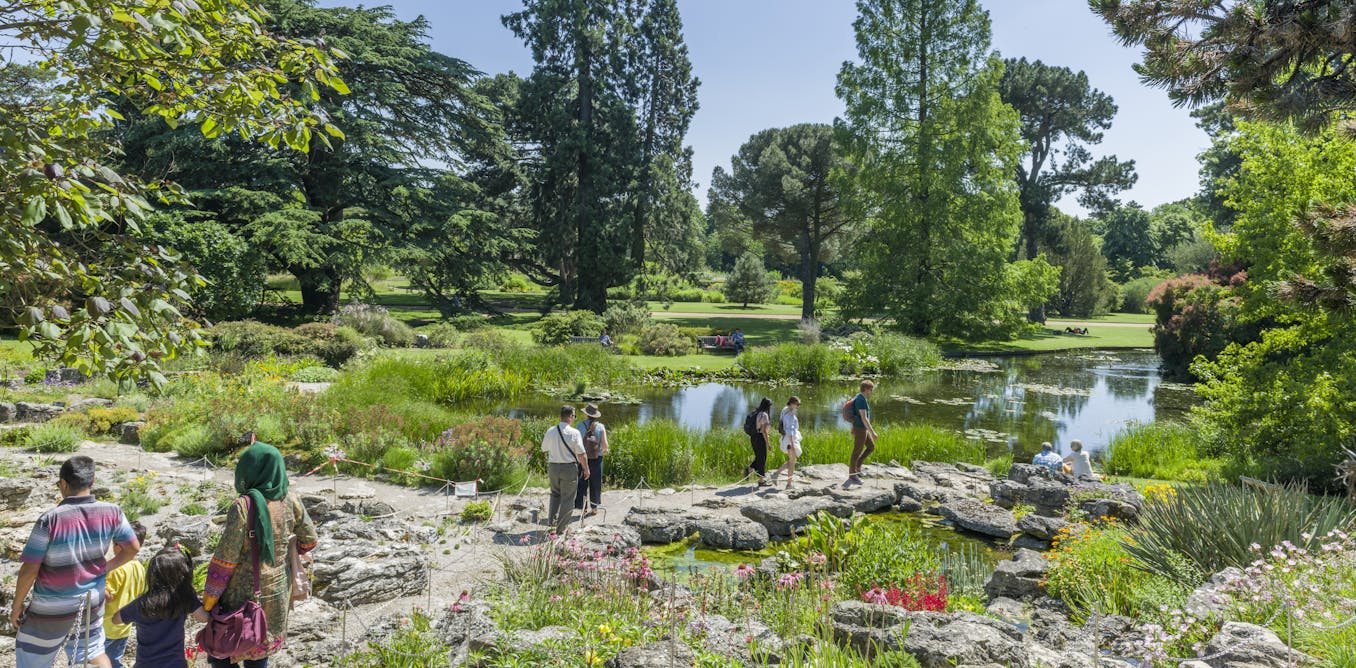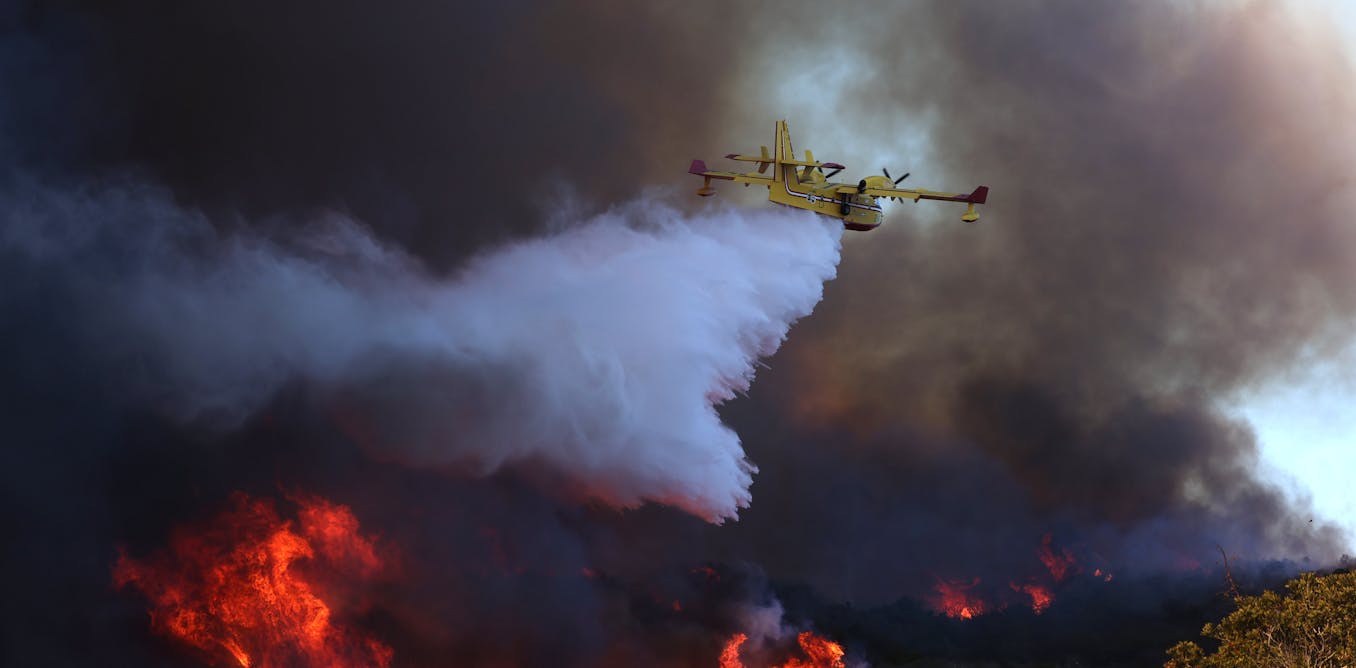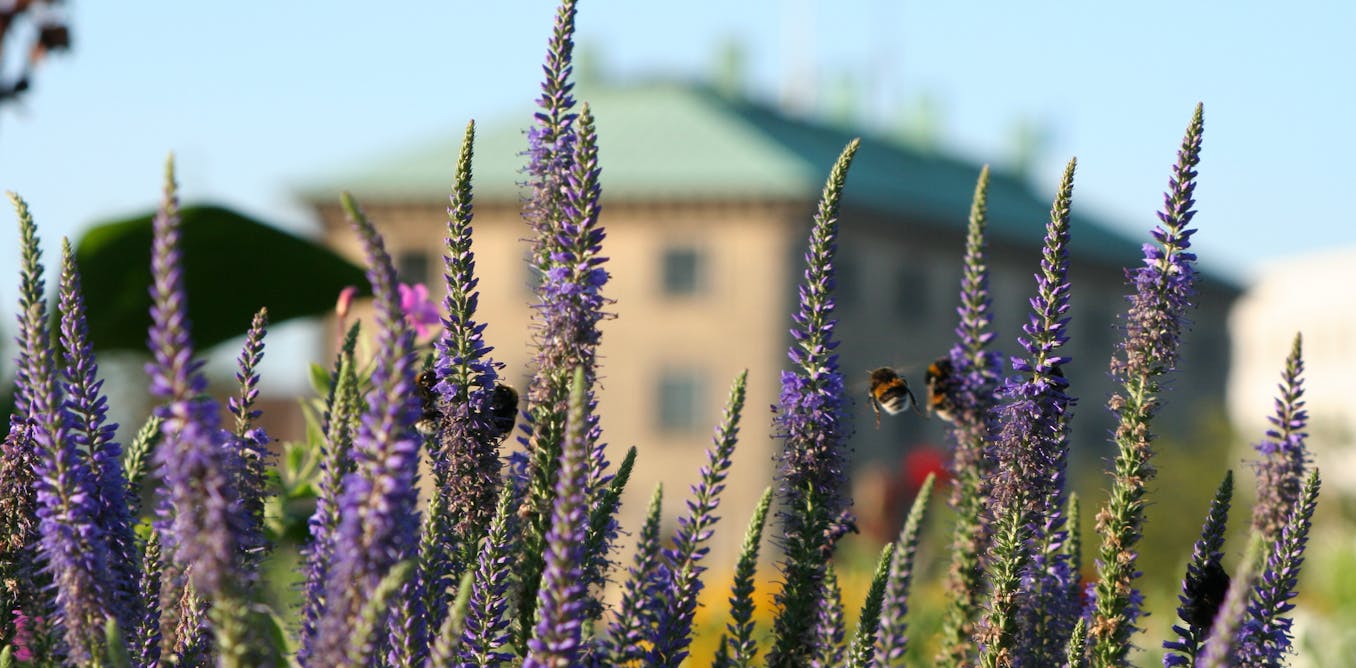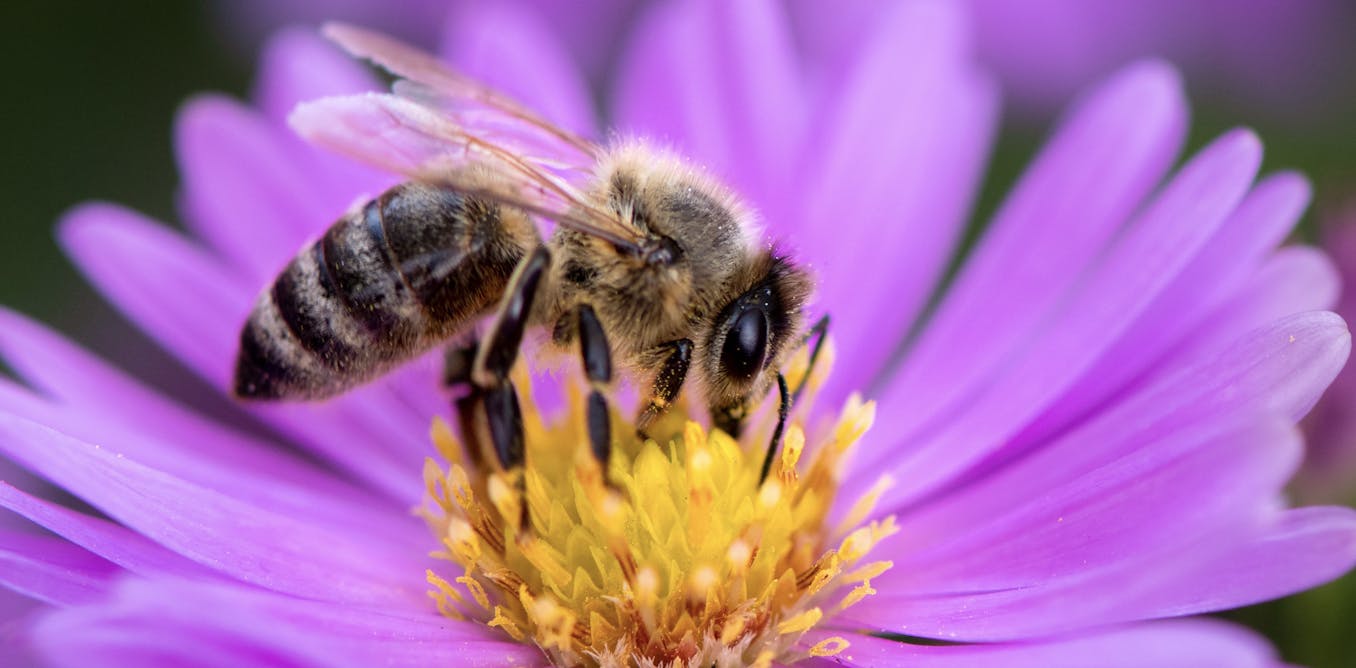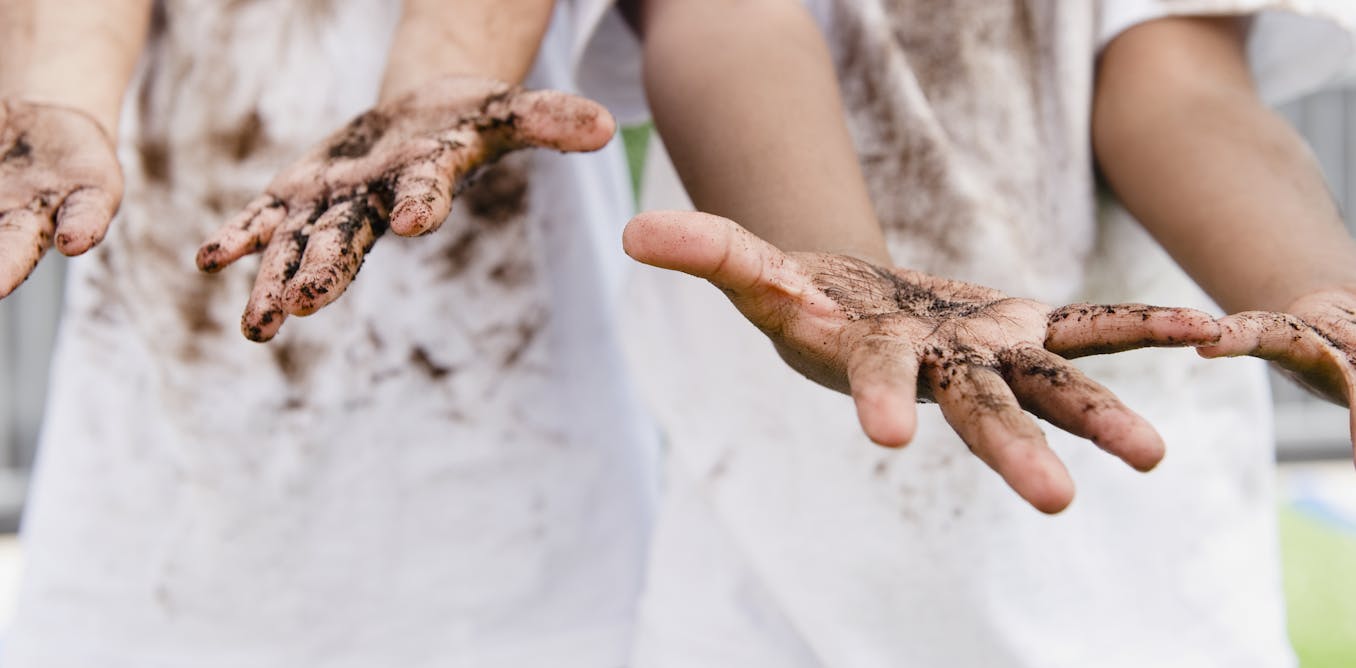Butterflies declined by 22% in just 2 decades across the US – there are ways you can help save them
The causes involve more than just habitat loss, but there are steps you can take to help save these delicate creatures
March 6, 2025 • ~9 min
Butterflies declined by 22% in just 2 decades across the US
The causes involve more than just habitat loss, but there are steps you can take to help save these delicate creatures
March 6, 2025 • ~9 min
Botanic gardens are struggling to keep up with the biodiversity crisis – here’s what they can do
Botanic gardens have evolved from medicinal gardens to scientific institutions, Now, they must become conservation leaders on a global scale.
Feb. 27, 2025 • ~7 min
Firefighting planes are dumping ocean water on the Los Angeles fires − why using saltwater is typically a last resort
In emergencies, dumping ocean water on fires may be the best option. But seawater can have long-term effects on equipment and ecosystems, as a novel coastal experiment shows.
Jan. 13, 2025 • ~6 min
Planning for spring’s garden? Bees like variety and don’t care about your neighbors’ yards
A biologist explains what to focus on if you’re designing a garden with pollinators in mind − and what you don’t need to worry about.
Jan. 7, 2025 • ~7 min
Plants get a GMO glow-up: Genetically modified varieties are coming out of the lab and into homes and gardens
Lose the prickles. Add bioluminescence. Up the nutrients without the bitter flavor. CRISPR gene editing is opening a new world of genetically modified plants for home growers.
Sept. 16, 2024 • ~6 min
Fewer bees and other pollinating insects lead to shrinking crops
Perhaps 90% of flowering plants require animal pollinators – and most of them are insects. But it’s not just bees doing this important work.
July 19, 2024 • ~8 min
EPA has lowered the screening level for lead in soil – here’s what that could mean for households across the US
The new level won’t trigger automatic cleanups, but it sets a lower threshold for taking precautions to reduce lead exposure.
June 18, 2024 • ~9 min
/
7

